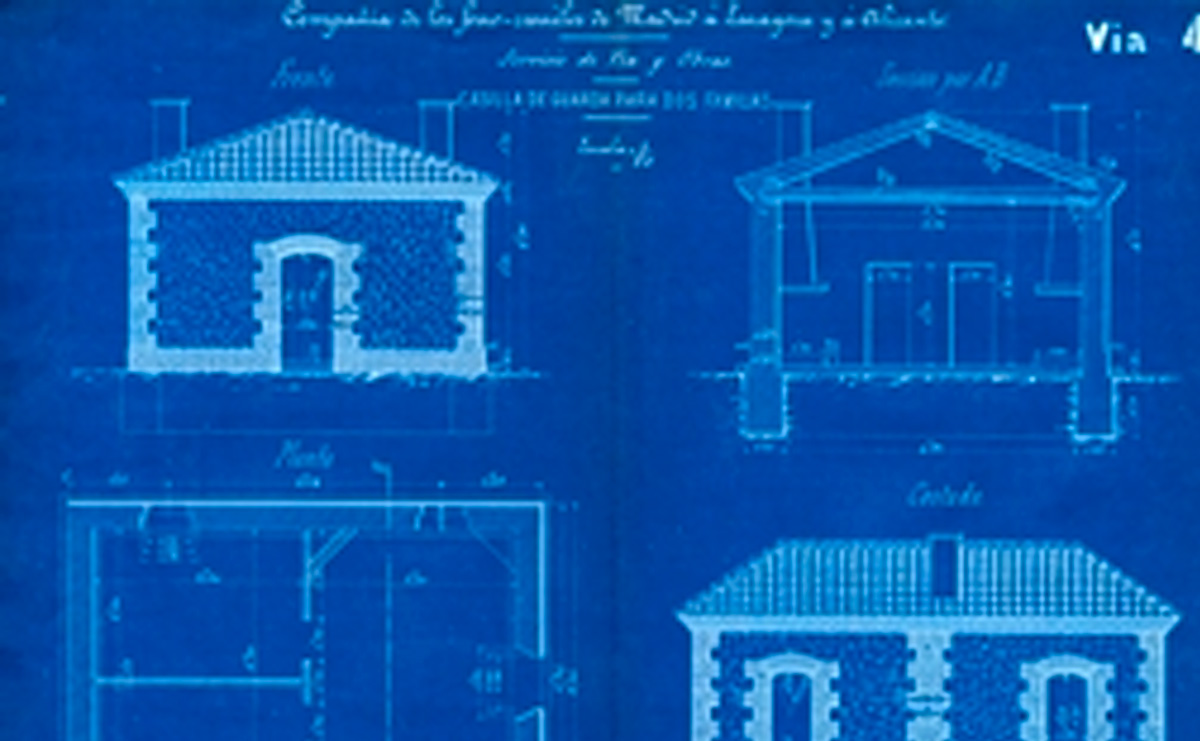Sierra Morena de Sevilla Greenway
History of the Railway

Like most mining railways, the history of this line is rather modest. The iron-rich hills near San Nicolás del Puerto were acquired in 1892 to be exploited by the Scottish company William Baird Mining Co. Ltd. This was yet another example of the strong presence of British entrepreneurs in Spanish mining, especially prolific in Seville and Huelva. To transport the ore, a railway was built to connect with the nearby Seville–Mérida main line, located about 15 km west of Cerro del Hierro, following the valley of the River Huéznar.
Construction began in 1893, and the branch entered service on 1 May 1895. Unlike most mining railways, it was built to standard gauge, which simplified operations. The line was conceded to MZA (Compañía de los Ferrocarriles de Madrid a Zaragoza y Alicante), the company operating the main line in the valley. Having the same gauge meant that no transhipments were needed before reaching the Seville docks (where the company had its own loading bay) or the various industries it served. One of its intended destinations was the ironworks at El Pedroso, an ambitious but ill-fated project just 30 km from the mine and originally linked to it. The factory closed before the railway could connect to it. The matching gauge also meant there was no need to build a station at the junction: trains joined the main line directly at a branching point known as “Los Prados Junction” or “Río Huéznar Junction.”
The line never carried passengers or goods other than mining traffic, despite repeated requests and strong interest from the local towns. That said, it was informally used by miners travelling from San Nicolás to their workplaces, hitching rides on the mineral trains. In 1915, the line was transferred from the mining company to MZA, and later became part of Renfe in 1941. With the decline of mining production, services ceased in 1970. The track and facilities were left in place for a while, in case mining was revived — something that, in the end, never happened.

